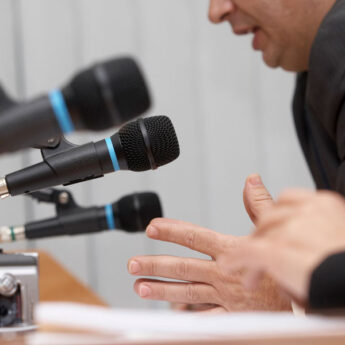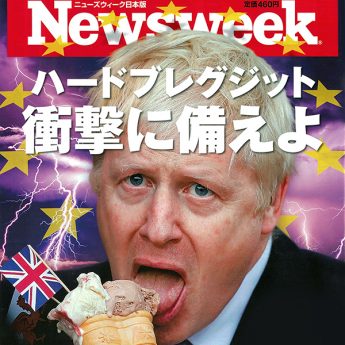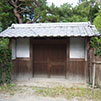Nations hold first major defence talks
The first foreign and defence ministerial meeting between the UK and Japan has been held in London, according to a press release issued on 21 January.
Speaking of the discussions, Philip Hammond PC MP, foreign secretary, said they “demonstrate the unity between Japan and the UK, as strategic partners and as friends. We will continue to work together on the dangers we face and the interests we share”, he added.
Ministers discussed the global security situation, including international terrorism, as well as what both countries can do together in the areas of defence and security to promote international peace and understanding.
Crisis help for expats
A ground-breaking pact between the British Embassy Tokyo and InterFM Co., Ltd. is set to help Britons in the face of calamities, according to a press release issued on 9 January (see page 42).
The agreement permits the radio station’s broadcast of the embassy’s English-language public service announcements, designed to safeguard UK nationals at times of disaster and to minimise harm.
Included in the broadcasts will be emergency evacuation instructions and measures for assistance, lifelines, sources of information, and particular actions to be taken for specific disasters.
Skill helps nuclear clean-up
Camera technology created by a Cumbria-based firm is locating radiation sources at the Fukushima Daiichi Nuclear Power Plant, The Financial Times reported on 18 January.
First used at England’s Sellafield site, the invention by Create Technologies Ltd. is being applied to robots, enabling them to draw a 3D map of areas too contaminated for human workers.
A spokesman for International Nuclear Services Japan K.K. said N-Visage “is the only technology that has the right weight, speediness and capability for high radiation”.
Data link bridges Asia and Europe
A new fibre-optic cable linking Tokyo and London via the Northwest Passage will speed up the transmission of data between the two countries, www.spectrum.ieee.org reported on 29 December.
The expected time required for data to travel from one end to the other has been reduced by 24 milliseconds to 154 milliseconds. That saving has attracted the attention of investors and firms eager to gain a commercial advantage.
Expected to be in service by the end of 2016, the ¥100bn project from Arctic Fibre will also bring online 57,000 Canadians and 26,500 Alaskans.
Locals name man who died in 1871
A family from Ishikawa Prefecture, who have tended a Briton’s grave for over 140 years, has learned of his true identity, The Guardian reported on 31 December.
Previously thought to be the resting place of Philip Ward, research has shown the kanji engraved on the tombstone should be read as Bernard George Littlewood, who died in Japan in 1871.
Neighbours, the Murai family, stepped in to maintain the site when the replacement of feudal domains by prefectures meant no one was charged with its upkeep.
Kumiko Murai received a letter from British Ambassador to Japan Tim Hitchens CMG LVO thanking her family for helping ties between Japan and the UK.
Gem body offers new online course
The Gemmological Association of Great Britain (Gem-A) has launched a new course in Japanese, in response to demand for specialist knowhow, www.indexonline.com reported on 13 January.
Ayako Naito of Gem-A Japan said the thirst for expertise about precious stones has accelerated in Japan in recent years. The new course will combine a British teaching style with new technologies to unlock the potential of the country’s gem professionals, she explained.
The online distance-learning diploma, set to be available from September, was promoted at the trade fair International Jewellery Tokyo on 21–24 January.





